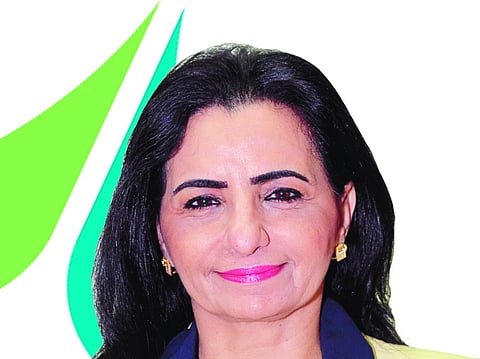I'm pre-diabetic. Can dietary changes help me avoid full-blown diabetes?
Dr Wafaa Ayesh, Clinical Nutrition Director, DHA, answers your nutrition queries

Can someone who’s pre-diabetic make dietary changes to avoid full-blown diabetes?
Yes and the most important thing to do is lose weight through a combination of diet and exercise. You don’t require a special diabetic diet, but follow a plant-based, whole-grain, lean-protein, healthy-fat diet. Choose wholegrains over processed types. Eat whole fruit rather than juice. Avoid white flour and white sugar. Boost the total amount of fibre you consume, especially soluble fibre.
Adults need 45g per day. Of that, half (20-25g) should be soluble fibres such as oatmeal, oat bran, legumes, barley, peas and citrus fruits.
To get 45g a day, you start with a bowl of whole-grain cereal, add ground flaxseed and chopped nuts and a serving of fruit. Throughout the day, choose whole grains, beans or whole-grain pasta.
Choose healthy fats for eating and cooking such as nuts, avocados and extra virgin olive oil. Add cinnamon to your diet as this spice is said to help insulin resistance. You can use it to flavour oatmeal, coffee or tea. Choose protein that’s lean and eat less animal protein overall. The best options are cold-water fish, whole soybeans and any variety of legume. Also, ask your doctor to prescribe a good daily multivitamin.
I’m recovering from injury. What diet should I follow to speed up the healing process?
The human body eventually heals on its own, but getting proper nutrients can help you heal faster and more efficiently from injury. For this you need to combine a nutrient-rich diet and supplementation. When recovering, maintain sufficient caloric intake and consider changes in activity levels. Your body needs an adequate amount of calories to maintain function and support repair.
Focus on eating whole foods such as fruits, vegetables and whole grains instead of junk food and refined carbohydrates. Avoid fried foods and condiments containing fat, which add calories without adding nutritional value. Consume lean protein such as fish, poultry, lean cuts of red meat, eggs and non-fat dairy products. Try to maintain protein intake that’s equivalent to 1-1.5g/kg/day. Stick to a diet that is regularly full of fruits, vegetables and whole grains.
In times of physiological stress or injury, it may be difficult to meet the body’s nutritional needs through food alone, so you may need a nutritional supplement. Ask your doctor to recommend a good one.
Sign up for the Daily Briefing
Get the latest news and updates straight to your inbox



